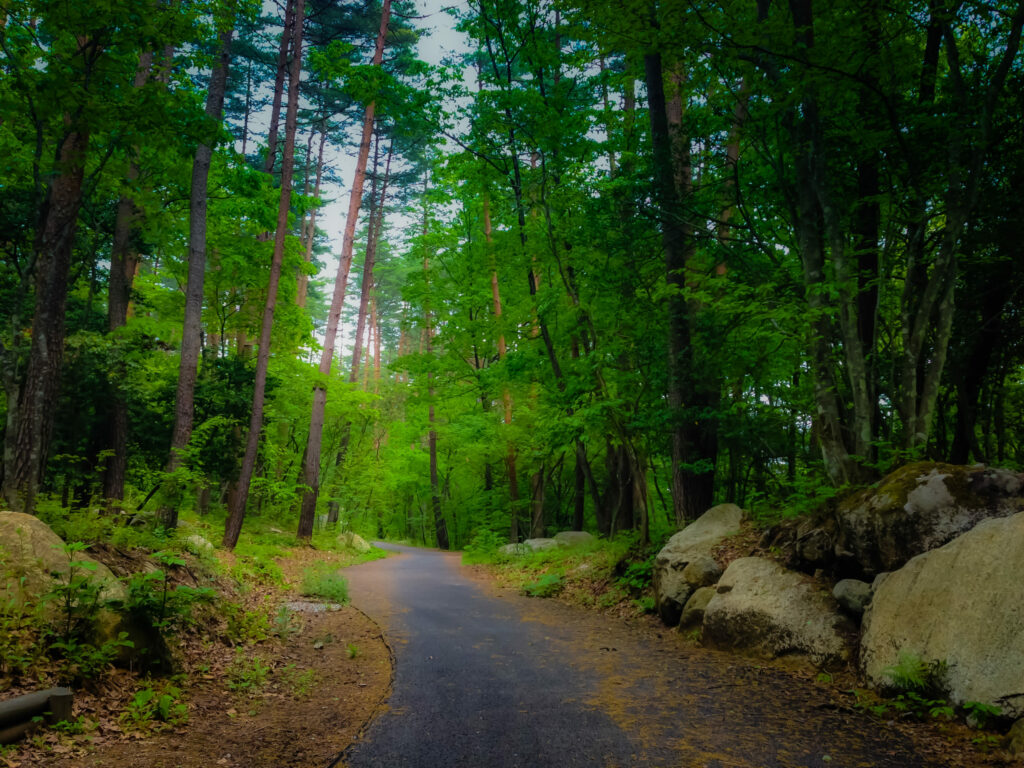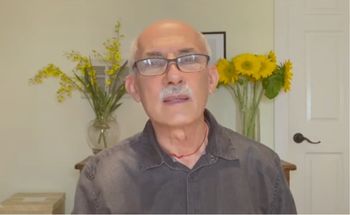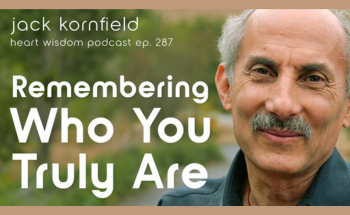(Read Part One: Envision Liberation and Justice)
At a more sophisticated level, Buddhist psychology shows how training in mindfulness, integrity, generosity, and respect can create a healthy society. From village schools to community meetings, Buddhist practices of right speech, right action, and right livelihood foster moral character and the creation of harmony.
Buddhist temples model this psychology. They are among the oldest living social institutions in the world. For over two thousand years, temples have served as seats of education and service, offering help with community government, supporting community projects, social organization, the mediation of disputes. Villagers go to the monasteries to be reminded of this healthy way to live, and the whole society is nurtured and benefited by the example of the monks and nuns.
Even when there is conflict in the monastery, it is dealt with as a practice. There are councils of reconciliation, vows of non-harming, trainings in mindful listening and formal methods of confession, repentance and release. The work of both Gandhi and Dr. Martin Luther King was founded on these principles, on ahimsa – or non-harming – as a path to happiness.
The Buddha applied these principles quite directly. Denouncing the caste system, he created an alternative society based on equal respect for every human being. Once a local king sent his chief minister to seek the Buddha’s advice about starting a war with the Vajjians. The Buddha responded with a series of questions. “Do the Vajjians come together in regular and frequent assembly?” “They do, sir.” “Do they honor their elders and the wise ways they have established?” “They do, sir.” “Do they care for their most vulnerable members – women and children?” “They do, sir.” “Do they respect the nature shrines in their environment and listen respectfully to their citizens and neighbors?” “They do, sir.” “Then the Vajjians can be expected to prosper and not decline. In fact, if any society does so,” explained the Buddha, “it can be expected to prosper and not decline.” The minister returned with these words and the King decided to abandon his plans for war.
There is much for us to learn from these words. If we meet together in harmony and respect, if we care for the vulnerable among us, tend to the environment and respect our citizens and neighbors, we will thrive and prosper. A strong and stable society arises through mutual generosity, not gross inequity. In the Long Discourses, the Buddha states that poverty gives rise to theft, violence, and other crimes. He states that simple punishment alone cannot suppress crime. Instead he teaches us to transform the causes, “the economic conditions of the people should be improved: seed grain and help should be available to farmers, support provided for business people, adequate wages paid to workers. When the people are thus provided for, there will be contentment, and the country will be peaceful and free from crime.” This is not just an idealistic vision. It is the way for happiness to prevail.
This excerpt is taken from the book, “The Wise Heart”






